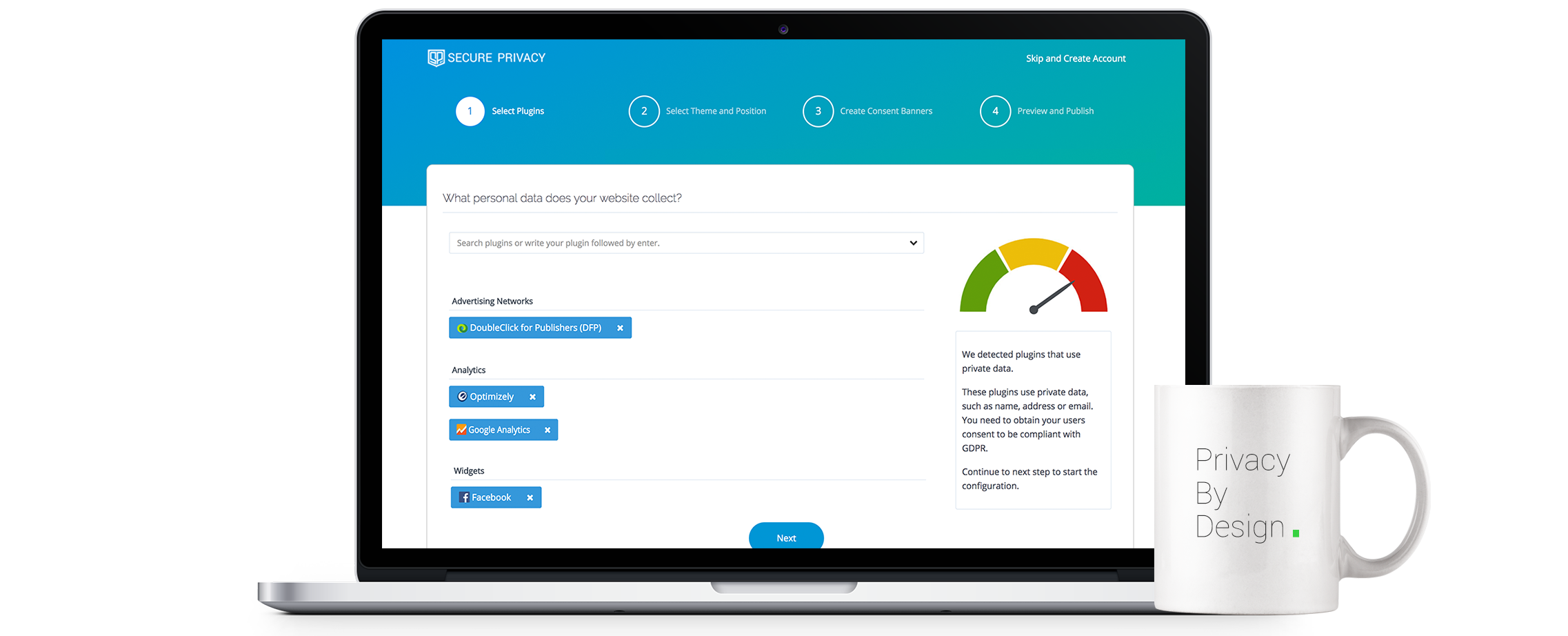 What’s your intention? Is your product or service really fulfilling my need or are you merely selling to me to get into my pocket? Your customers are suspicious and they ought to be. They are handing over their money to you and your company, most often without knowing you. They already put trust in other businesses because of their credibility, and you need to build this trust as well.
What’s your intention? Is your product or service really fulfilling my need or are you merely selling to me to get into my pocket? Your customers are suspicious and they ought to be. They are handing over their money to you and your company, most often without knowing you. They already put trust in other businesses because of their credibility, and you need to build this trust as well.
As a marketer or salesperson, I assume you are well aware of this. Nobody likes the stereotypical car salesman who tries to sell more equipment or upgrade you without knowing your budget or needs. For online marketing and sales, we are all put at a disadvantage.
We rarely have the luxury of talking to the customer directly. We have to gain trust using other means. At Salesforce’s website, they write that trust is not only important but their number 1 value: “At Salesforce, trust is our #1 value and nothing is more important than the success of our customers and the protection of our customers’ data.”

Salesforce understands the importance of trust. So does the European Union (EU)! As you might know, EU has introduced a landmark regulation called General Data Protection Regulation (GDPR) to improve data privacy and trust. EU is not kidding around. You follow the rules or you get penalized. The fines are massive and affect companies both within and outside of the EU. Any company that collects private data from EU citizens, e.g. email addresses to a newsletter, is applicable to GDPR.
While you might have challenges implementing GDPR, there are also ways you can use this new regulation to boost trust and improve your online presence. It will not only help make your company compliant but also focus your mindset – and business, on what truly matters in the long-term.

Here are a six ways to improve your trust when you implement privacy laws such as GDPR:
- Don’t ask me for unnecessary information: I will question why you need specific pieces of information. If it’s not intuitive to me as a visitor why and how you will use it, I will leave in a second.
- Don’t assume I want your newsletter: Forget everything about pre-checked checkboxes or inserting me in mailing lists I didn’t ask for. It is not only a trust-killer but will make you non-compliant with GDPR.
- Ask me for permission, not forgiveness: Explain why you need certain information and what you will do with it. Be up-front and honest with your data and what you need it for.
- Deliver value: If you get my email address or piece of personal information, make sure you deliver and allow me to opt-out at any time.
- Make me as a customer in control: Implement proper privacy measures, where I, as a visitor, feel in control of my own data. Allow me to view and opt-out easily on your website, on emails etc.
- When accidents happen: Be honest when things go wrong. Make your communication swift and communicate with 72 hours or faster if you experience a data breach.
Recommended Read: How Does Your Company Foster Innovation?











